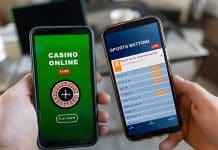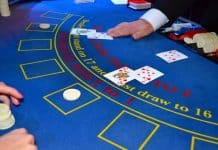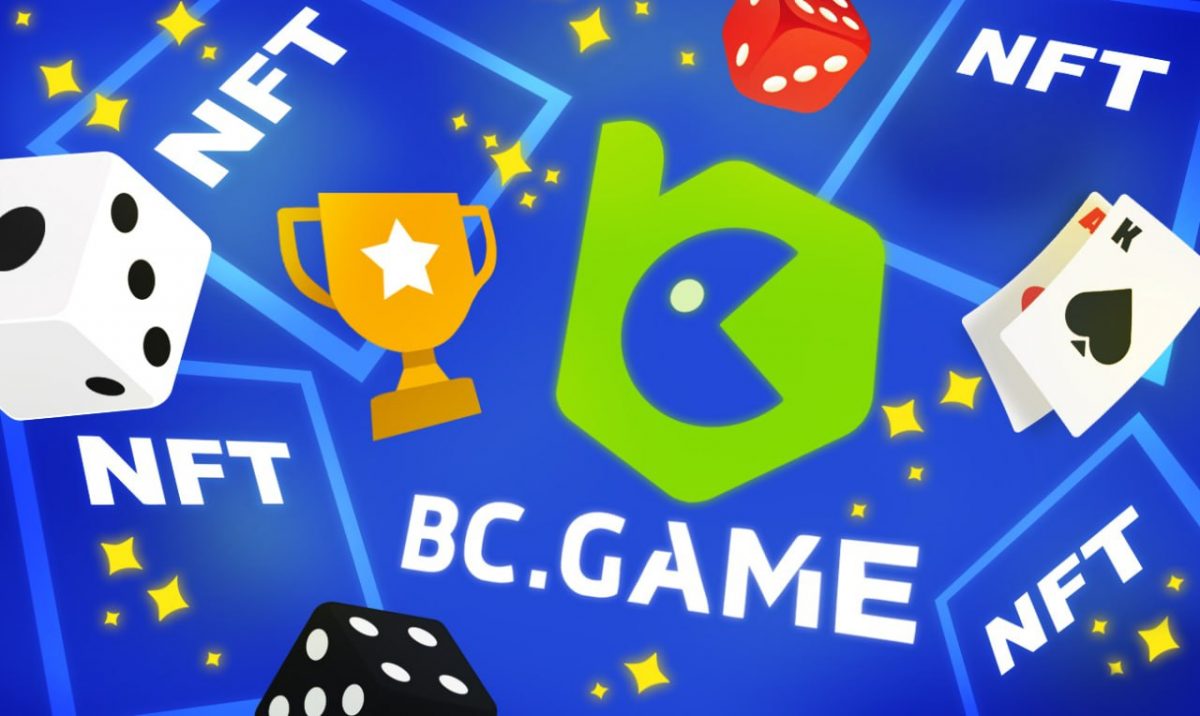Online gambling is a sector full of innovative ideas. The emergence of the industry itself is a testament to the disruptive power of tech. In 2021, the rise of Non-Fungible Tokens (NFTs) has been a significant development that has struck the imagination of crypto enthusiasts on BC.GAME and beyond. A combination of wildly successful NFT auctions and the explosion of DeFi combined beautifully for this nascent sector. For the record, NFTs did not start yesterday and have been around for a while. Their sudden popularity is because of a confluence of factors that catapulted them to international prominence.
About Non-Fungible Tokens (NFTs)
The key to understanding NFTs lies in deconstructing the concept of fungibility. For a practical example, think of a $1 bill or whichever national currency. There is nothing unique about that specific bill. You can exchange the one-dollar bill for another or combine twenty of them in exchange for a twenty-dollar bill. That ability to change one for another is fungibility. There is no loss of value in exchanging individual fungible assets or currencies, provided the aggregate value is equal. Bitcoin is also fungible because there is nothing unique about individual units of Bitcoin.
Therefore, a non-fungible asset is the opposite of this. Individual units of a non-fungible asset are unique. You cannot freely interchange them because they have different codes and values. For non-fungible tokens, each unit of metadata is special on the blockchain. The uniqueness allows the non-fungible token to represent a digital asset. Accordingly, NFTs can operate as digital files that track the ownership of digital items.
The digital file can be anything from a JPEG (photo file), art, or even sports memorabilia in digitised form. An NFT becomes proof of ownership of this digital item and cannot be interchanged for any other NFT. It has value, which depends on what the market decides. Some NFT auctions have fetched tens of millions of dollars and showed the raw power of these assets.
The Versatility of NFTs
Most NFTs rely on the Ethereum ERC-721 and ERC-1155 standards. The Ethereum blockchain has become a hub for creating these unique tokens. However, NFTs are also active in platforms such as WAX, Solana, and Terra. They all have the same properties, with the only distinction being on trading fees, as the latter alternatives are more scalable than the pioneer smart contracting platform. NFT applicability is pretty widespread. They are versatile to represent anything of digital value. Accordingly, these representations apply to music royalties, domain names, artwork, and even in-game items. An artist can mint an NFT representing whatever they want to memorialise and give consumers sufficient proof that the digital art file is the only one. Such rarity and uniqueness are possible with blockchain immutability.
A heartwarming example is the “Charlie bit my finger” video. This clip was one of the first viral videos in YouTube history. The kids’ family considered selling the video rights for approximately $700,000. Such is the dynamism of NFTs because they can capture anything, including viral memes that can be immortalised on the blockchain. Accordingly, NFT applicability is as wide as the imagination of the creators. Such tokens can potentially change how society imagines asset ownership and value. The disruption of art ownership, in particular, will likely significantly change how this industry operates.
NFTs and Online Gambling
These tokens have peaked at the right time for online gambling. Both sectors are historical, and NFTs are already making their mark in the online gambling industry. Traditional casinos now have to take notice of the difference blockchain makes in the gambling business. NFTs prevent fraud in gaming because they provide uniqueness and the ability to transact with parties to trace the origins of the token.
Fiat currencies have the problem of counterfeiting and money laundering. These problems are impossible with this unique asset. Accordingly, NFTs can prevent and improve crypto platforms’ ability to track ownership. NFT assets in gaming platforms protect owners from unauthorised trades and transactions. Online casinos can benefit from these qualities because in-game items are valuable. Encoding in-game items, prizes, and NFTs means that gamers are assured that their winnings will have protections and legitimacy.
Additionally, NFTs are indivisible. A person cannot dissolve them into smaller fractions as you could for Bitcoin and regular cash. They must remain whole to be valid. The inability to delete, replicate, or alter NFT data appeals to people interested in preserving value for a long time without relying on centralised systems. For instance, picture a game where players collect virtual NFT in-game coins through various levels. The gamers can accomplish the fun side of the game and then commercialise the game coins for a profit. Such are the possibilities available for NFTs in this sector.
Looking Forward
NFTs have arrived and now have a prominent seat at the high table across the board, including in BC.GAME and online gambling. Incentives like winning casino prizes in NFTs are an excellent utility for crypto gambling casinos. Already, BC.GAME converted their prestigious Curacao Interactive Licensing N.V. license as an NFT on Ethereum while storing the original file on the IPFS.
Therefore, NFTs take the best of blockchain security to solve issues in crypto gambling and gaming. The ability to authenticate and track assets incentivises regular crypto enthusiasts to get their hands on these assets. NFTs have taken the work of earlier cryptocurrencies to another level. Accordingly, they have given the entire industry a necessary boost with significant liquidity into crypto. Those numbers should continue to spike as more people discover NFTs. Their value and reliability can make them the ultimate store of value assets. It will be fascinating to watch this space in the future.










